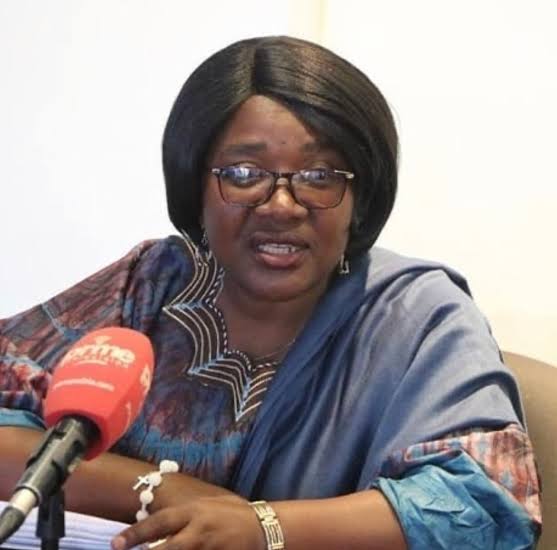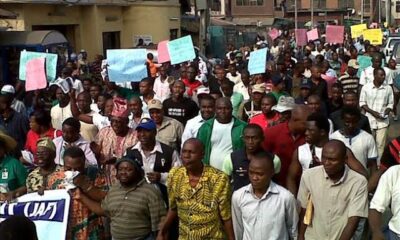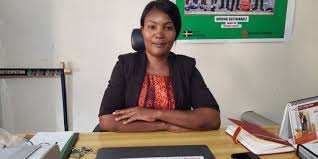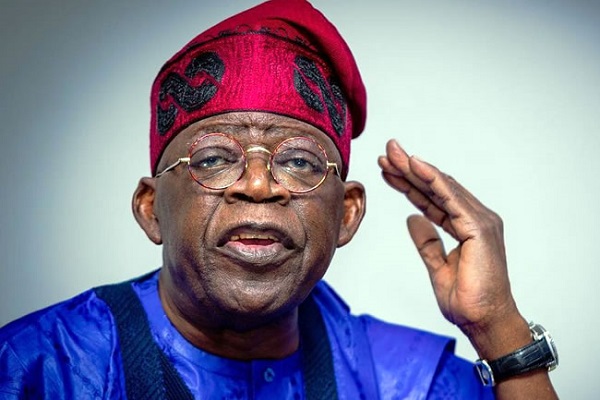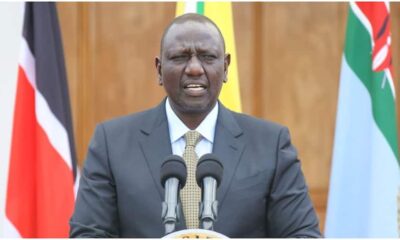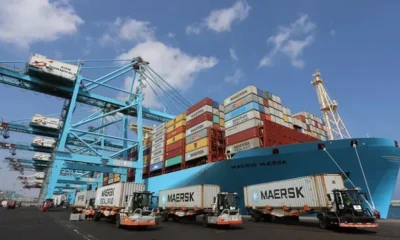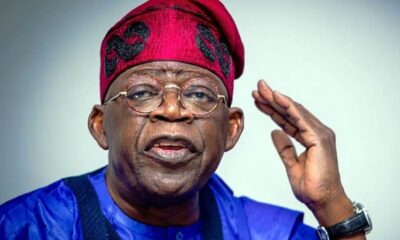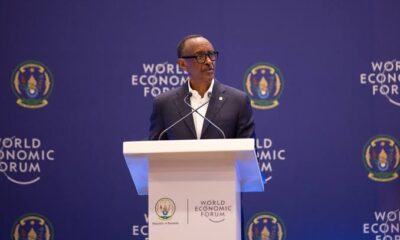Nsama Kearns, the Executive Director of Care for Nature, speaks on the indispensable role of a free media in society.
In a conversation with Zambia Monitor in Mansa, Luapula Province, Kearns underscored the importance of media freedoms, digital rights, and freedom of speech in enhancing good governance.
“Let me begin with the criticality of media freedom, especially for those of us involved in information dissemination through mass media, including social media,” she remarked.
While acknowledging the existence of media freedoms in Zambia, Kearns expressed concerns about the prevailing situation.
“Despite media freedoms in Zambia, as reported in the 2022 human rights report, there are instances where the government may display intolerance towards criticism, especially if perceived as politically motivated,” she observed.
Regarding freedom of speech, Kearns emphasized the necessity for individuals to express themselves without fear of reprisal.
“Whether communicating through written or oral means, individuals should be able to express themselves freely without intimidation or fear of repercussions,” she stressed.
Kearns highlighted the significance of freedom of expression in enabling civil society to address issues that might be inconvenient for the government.
“For instance, in Luapula Province, longstanding issues such as illegal mining and the Mukula tree trade, involving politically exposed persons, have been challenging to address,” she explained.
Despite challenges, Kearns noted the positive impact of digital media in driving social enterprise.
However, she also highlighted the prevalence of abuse, particularly targeting women, on social media platforms.
“While digital media presents opportunities for social entrepreneurship, individuals, especially women, often face abuse online, hindering their enjoyment of human rights,” Kearns lamented.
She called for the creation of safe spaces to empower individuals to report abuse to the Zambia Information Communication Authority (ZICTA) and address issues of digital media abuse and intolerance effectively.
This story is sponsored content from Zambia Monitor’s Project Aliyense.

 Behind the News1 day ago
Behind the News1 day ago
 Politics1 day ago
Politics1 day ago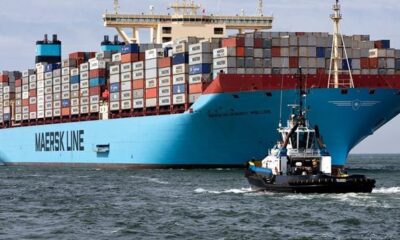
 Musings From Abroad1 day ago
Musings From Abroad1 day ago
 VenturesNow1 day ago
VenturesNow1 day ago
